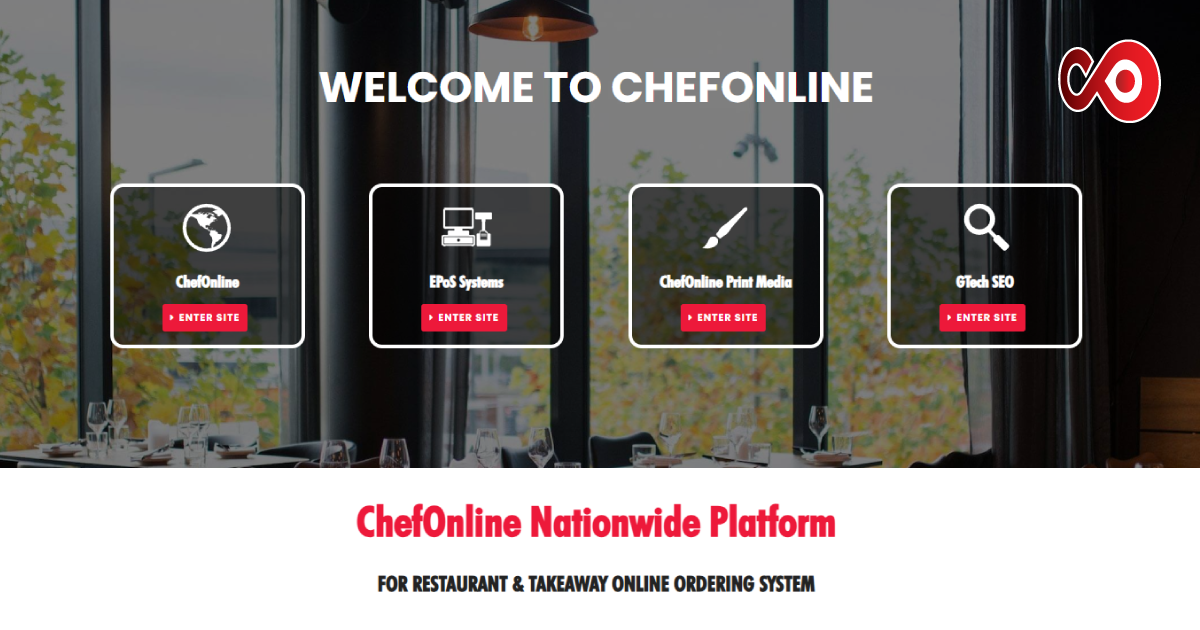Operating a restaurant involves more than just serving delicious meals. It is also about taking and managing orders, including payments, to ensure that the processes are smooth. This is where an EPOS system for restaurants aids.
With so many options out there, you might be wondering: Do I choose a cloud-based EPOS or do I stick to a traditional one?
Each option has its advantages, as does a cloud-based EPOS system. The specific configuration of the restaurant, budgetary allocations, and long-term objectives will determine the correct choice of system. Let us simplify everything here.
What Exactly is An EPOS System?
An electronic point of sale, or EPOS, system is essentially a cash register for the restaurant but with advanced features. It is not simply a payment processor. It aids in taking stock, facilitates order management, and tracks sales.
The systems that the restaurant employs will determine whether data is stored and processed in an offline or online cloud server.
For a traditional EPOS, the server would be local. That is accessible through a computer set up at the restaurant’s till.
A cloud EPOS system, on the other hand, allows for everything to be done online, which gives you the ability to manage the restaurant remotely.
Traditional EPOS: The Old-School Setup
Most of the old-style restaurants have a traditional EPOS system in place. This is especially true for restaurants that prefer an offline sturdiness.
Why Some Restaurants Still Use It
- No connection? No problem. An internet-based system is not required.
- Fast transactions– Super quick since it doesn’t depend on WiFi.
- Secure storage– Hacking becomes less of a problem since your data is kept on site.
Where it Falls Short
- Expensive upfront costs– There are hardware, software, and maintenance purchasing costs.
- Limited access– You have to be in the restaurant to view sales information or update the system.
- Harder to integrate– Adding an online food ordering service could prove difficult.
Cloud-Based EPOS: The New-Gen Solution
A cloud-based EPOS system is more flexible than a traditional one. It can do everything a conventional system does, and that includes having data stored on a local machine. With the cloud, data becomes accessible from anywhere.
Why It’s Becoming So Popular
- Manage your restaurant from anywhere – You can check sales, edit menus, and monitor staff from anywhere.
- Lower upfront costs– Instead of one large sum of money, you make monthly payments.
- Easy integrations– Ordering and delivery systems, as well as loyalty apps, can be connected with ease.
Where It Has Drawbacks
- Internet-dependent– Your EPOS may experience slowdowns or complete failure if the WiFi is out.
- Ongoing subscription costs– Payment is made monthly rather than a one-time fee.
Which One Works for Your Restaurant?
If you didn’t know which system suits your business, here’s an overview.
- If you own a busy, high-traffic restaurant, a traditional EPOS may provide better reliability.
- If you operate a takeaway or delivery service, a cloud-based EPOS will streamline processes, particularly with an online ordering system.
- If you’re looking for a cost-effective, easily adjustable solution to scale, consider going cloud-based, as it allows for easy expansion as your business grows.
How EPOS Can Help You Win a Restaurant Award
Believe it or not, an EPOS system can make it more likely to achieve a restaurant award. Improved ordering, quicker payment processing, and enhanced customer interactions significantly contribute to a business’s reputation and public perception.
No matter what outcome you are looking for, may it be to lower expenses, increase efficiency, or elevate the restaurant’s status, selecting the most fitting restaurant EPOS system will become an essential choice.
FAQs
- Is a cloud-based EPOS system better than a traditional one?
It depends on your needs! Flexibility is a strong suit of cloud-based systems, whereas traditional ones are dependable when there’s no internet access.
- Am I allowed to move from a traditional EPOS to a cloud-based one?
Yes, but moving your data and training your employees on how to operate the system will be necessary.
- Do cloud EPOS systems offer offline functionality?
Some of them do, although their functionality might be limited. Ensure you confirm the presence of offline mode before committing.





